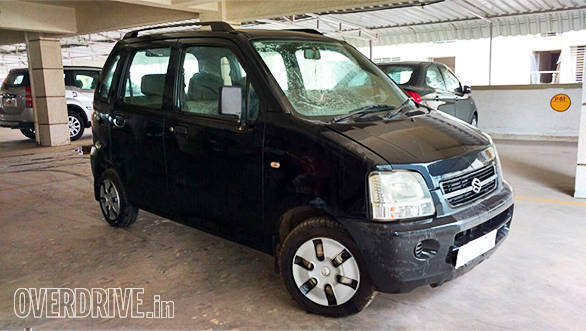Govt of India approves use of aftermaket hybrid electric kits for old cars
The Government of India has been working very hard to curb pollution levels in the country. So far, the government has banned the registration of diesel displacing over 2,000cc in Delhi, banned diesel vehicles older than 10 years and is coming up with a scrapping policy for old vehicles. Now the government is also allowing owners to convert their vehicles into electric hybrids.
This notification was passed by the road transport and highways ministry on Wednesday after being pulled up by the Supreme Court for not doing enough to curb pollution levels. The ministry will begin certifying manufacturers of such hybrid electric kits which will list out all the authorised dealers. So far, the road transport and highways ministry has asked Bosch and Cummins, some of the leading manufacturers of automobile parts here, to develop and provide hybrids electric kits for vehicles. We've asked Bosch for their comments on the matter and will update this story as soon as we get a reply.
According to a government official, the ministry's main goal is to get owners of BS-II and BS-III vehicles into converting them to hybrids to reduce pollution. The official also stated that it would cost a person a little under Rs 1 lakh to have this kit installed, which could further reduce with economies of scale. The road transport and highways ministry will also ask the heavy industries ministry to offer incentives to such people under the National Electric Mobility Mission.

The government's recent initiative to get old vehicles off the road is the Voluntary Vehicle Fleet Modernisation (V-VMP) concept. Under this proposition, the government planned to offer a discount on excise of up to 50 per cent on a new car to the owners who surrender their cars which have been registered before March 31, 2005. Along with that, the ministry would offer a fair value for scrap and have automobile manufacturers offer discounts to customers buying a new car under this scheme. It is estimated that all this would bring down the cost of a new car by 8-12 per cent.
According to the concept note, which estimated that 28 million vehicles would be off the road, vehicle emissions would be reduced by around 25-30 per cent and reduce oil consumption by close to 3.2 billion litres per year. Just the reduction in oil consumption is estimated to save India around Rs 7,000 crore per year in oil import.
However, this proposition came to a standstill after the revenue department turned down its proposal to offer a discount on excise rebate. The finance ministry stated that it would benefit the buyers of more expensive vehicles more than those who are buying the more affordable ones. Instead, the ministry proposes a cash incentive to those surrendering their cars, with a fixed upper limit on the amount that can be given for a car.